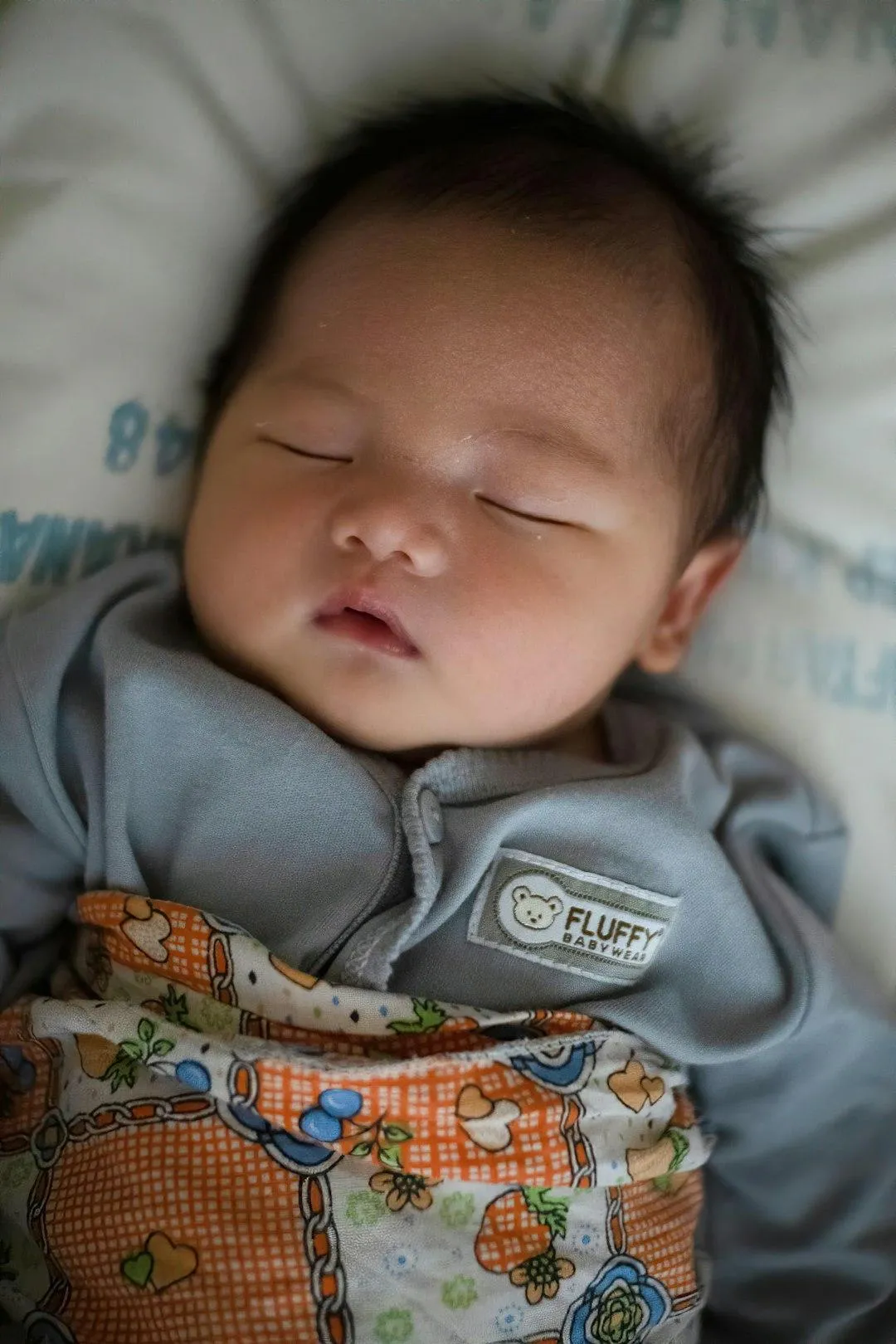
Newborn Bedtime Routines: How to Help Your Baby Sleep Better from Day One
If you’re a new parent running on little sleep, you’re not alone. Those early weeks can feel like an endless cycle of feeding, changing, and wondering when your baby will sleep for more than a short nap.
One of the most effective - and gentle - ways to encourage better night sleep is by creating a newborn bedtime routine. This isn’t about strict schedules or “sleep training” too early; it’s about setting up simple, predictable cues that help your baby feel secure and begin to recognise when it’s time for a longer stretch of rest.
Why a Bedtime Routine is So Important for Newborn Sleep
Newborn babies don’t yet have a fully developed circadian rhythm (body clock), which is why they wake frequently through the night. A consistent bedtime routine can help:
Teach day-night differences - Calmer, darker evenings and brighter, more energetic mornings help your baby’s body clock mature.
Provide security through predictability - Babies thrive when they know what to expect, and familiar steps at bedtime can be deeply reassuring.
Improve sleep quality - Research shows that a darker, quieter, and calmer environment can lead to longer and more restful sleep for your baby and you.
How to Create the Perfect Newborn Bedtime Routine
Your baby’s bedtime routine doesn’t need to be long or complicated - in fact, for newborns, short and calm is best. Here’s how to get started:
1. Keep It Short (Under 30 Minutes)
From the first step of your routine to settling your baby to sleep, aim for no more than 30 minutes. This helps prevent them from becoming overtired or getting a “second wind,” which can make it harder for them to settle.
2. Change Their Environment
Shift from a stimulating daytime space (like the lounge with the TV on) to a dim, quiet room. This physical change signals to your baby that bedtime is near.
3. Try a Two-Room Approach
Start with a bathroom activity - a gentle wipe of the face and hands is enough if you don’t want to bath your baby every night. Then, move into their sleep space for the remainder of the routine to minimise stimulation.
4. Use Gentle, Predictable Cues
These can include:
Dimming the lights
Playing soft white noise or lullabies
Offering a cuddle and feed
Saying the same calm phrase each night, such as “It’s time for sleep now”
Don’t Forget the Morning Routine
While bedtime routines prepare your baby for night sleep, a morning routine helps them learn when the day begins.
When your baby wakes for the day:
Move them into a bright room
Open the curtains or switch on lights
Greet them warmly with a smile and cheerful “Good morning!”
These contrasting cues are essential for helping your newborn’s body clock develop.
Every Baby is Different and That’s Okay
Some babies settle quickly, others take more time. The aim here isn’t perfection - it’s gentle guidance. Adapt your routine to suit your baby’s personality and needs, and don’t worry if it evolves over time.
You can start introducing a bedtime routine as early as you feel ready. It’s never too soon to lay healthy sleep foundations, and even small steps now can make a big difference later.
Get Expert Support for Just 66p a Day
If you’d like step-by-step help in creating the perfect bedtime routine (and solving other newborn sleep challenges), our Baby Sleep & Wellbeing Module inside the Parent Portal is the perfect next step.
For just £19.99 a month - that’s only 66 pence a day - you’ll get:
Expert video lessons from The Sleep Nanny
Age-specific bedtime routine examples
Solutions for common newborn sleep struggles
Wellbeing tips for both baby and parent
Acess to Live Community where your questions will be answered by Certified Sleep Nanny Partners
Cancel anytime - no commitment
Don’t face sleepless nights alone. Join our Parent Portal today and start building the calm, consistent routines that lead to better sleep for your baby - and you.

